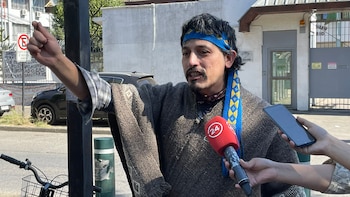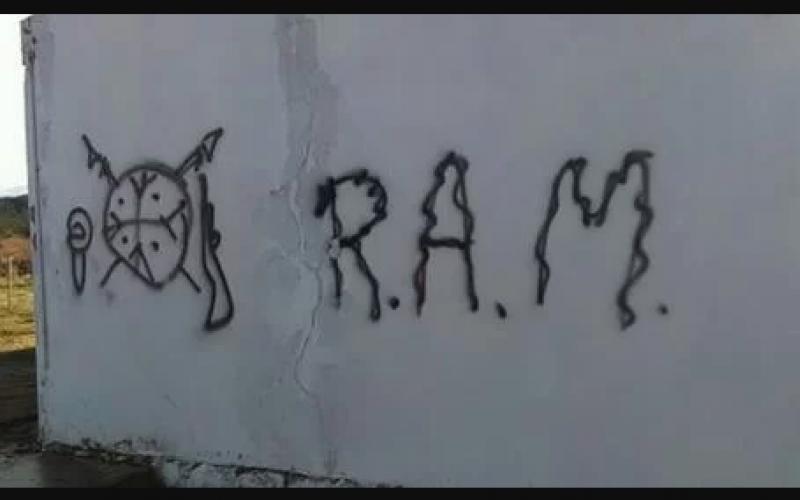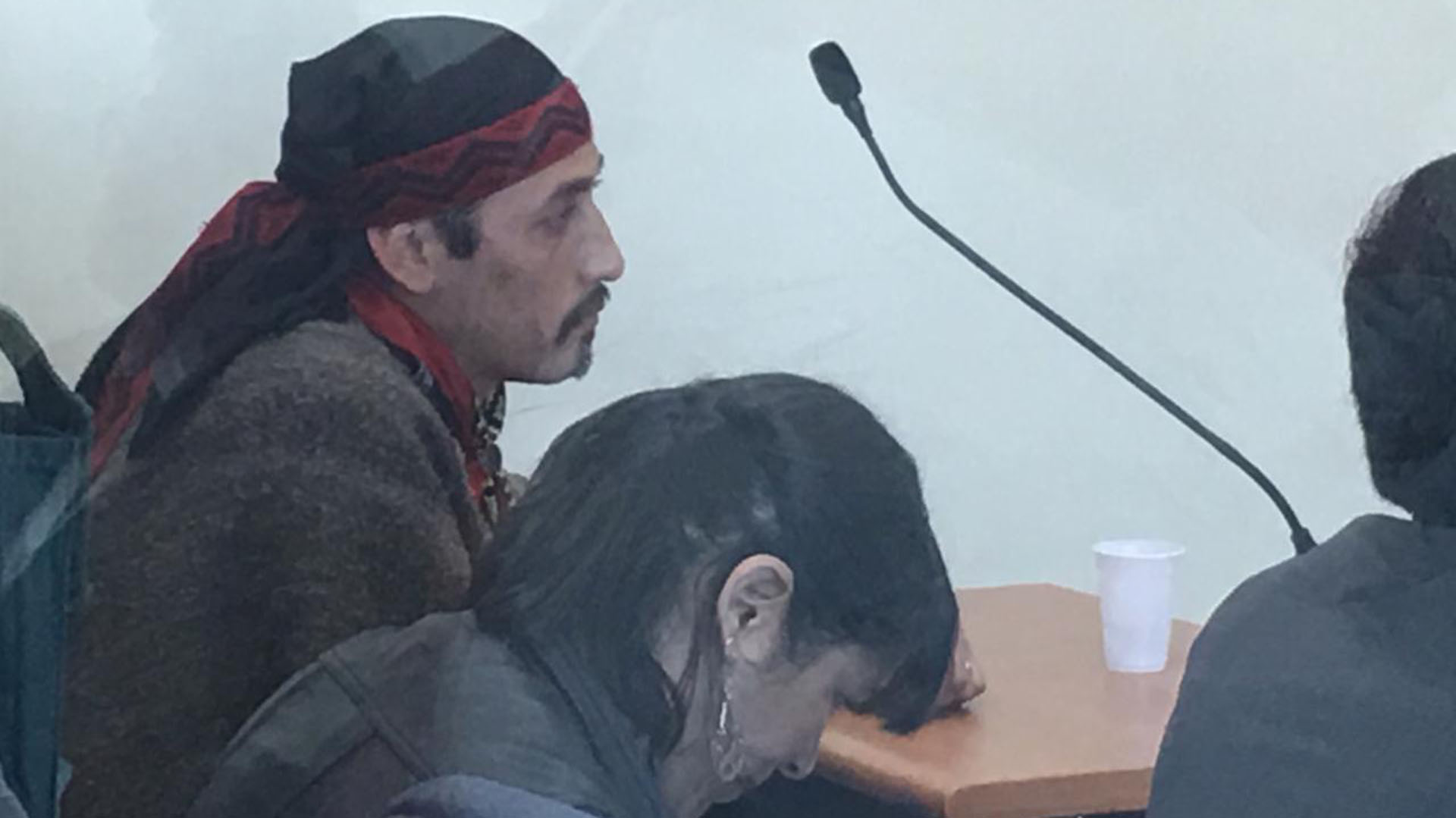
The leader of the Mapuche Ancestral Resistance (RAM) group, Facundo Jones Huala, celebrates a month in hiding. The governments of Chile and Argentina maintain their positions on the possible whereabouts of the convict, who must return to prison after the neighboring country's Supreme Court overturned the ruling authorizing him to continue serving his sentence on parole.
Days before the Trans-Andean Justice ruled, Jones Huala had already stopped attending the Valdivia Courts where he had to appear to certify his domicile. In addition, on February 9, he severed the link with his sponsoring lawyers, while he was planning his escape plans.
Officials of former President Sebastián Piñera appreciated the Supreme Court's ruling, which accepted the appeal filed by the Chilean Ministry of the Interior, to reverse the probation benefit he had obtained after the Valdivia Appeals Chamber admitted an amparo filed by the defense lawyers of the activist.
The former undersecretary of that portfolio, Juan Francisco Galli, admitted that before the Court's resolution, Jones Huala's whereabouts were a mystery: “He is at large, we have to find him to put him where he belongs, that he is deprived of liberty to serve his sentence in our country,” the then official admitted.

Since then, in mid-February, both countries launched their hypotheses about the possible location of the Mapuche leader. Chile was of the opinion that the leader had crossed into Argentina through some unauthorized passage from the south, while Argentina argued the opposite: “It must be in Chile.”
The decision of the Supreme Court forced the convict to return behind bars, after being released since January 21, a refugee in a Mapuche community near Valdivia. During the first few weeks he met the requirement to appear regularly to prove his domicile. Then he stopped doing it. “Fugitive from Justice”, said the undersecretary of the interior before this situation.
Jones Huala was sentenced to 6 years in prison for the crimes of possession of a firearm and burning of an inhabited house, which occurred in 2013 at the Pisu Pisué estate, in Rio Bueno. He still has just over 850 days left in prison to serve his full sentence.
The history of having repeatedly crossed clandestine crossings encouraged the theory that he may have returned to Argentina in early February. The Argentine government, through sources from the Ministry of Security, assured that it had strengthened border controls to try to recapture it. However, there would be no real interest in returning him behind bars because there are no pending cases in the country with the Justice.

If he is arrested on this side of the Andes Mountains, he should go through a new extradition trial to be transferred to Chile, where he must settle his debt to the Trans-Andean Justice.
The Mapuche groups of Argentinian Patagonia avoid the Jones Huala theme. At a recent meeting held in Viedma, the capital of Rio Negro, the organizers excused themselves from addressing the activist's escape: “We didn't meet to talk about Jones Huala.”
The communication channels used by the Mapuche groups in Puel Mapu do not address Jones Huala's escape either, while the convict's relatives say that his whereabouts “are uncertain”. “We lost contact a long time ago, we don't know where he might be,” they argue from their closest circle.
The Rio Bueno Guarantee Court issued the arrest warrant as soon as it heard the Supreme Court's ruling.
As soon as he crossed the threshold of the Temuco Prison Compliance Center, Jones Huala demonstrated that his time in prison had not altered his plans for “struggle” and called for “sabotaging big business.”
At that time, he even referred to the brand-new President of Chile, Gabriel Boric: “We are neither there with the constituent process nor with the election of Boric or with any of those sold to this capitalist oppressive system.”
Últimas Noticias
Debanhi Escobar: they secured the motel where she was found lifeless in a cistern
Members of the Specialized Prosecutor's Office in Nuevo León secured the Nueva Castilla Motel as part of the investigations into the case

The oldest person in the world died at the age of 119
Kane Tanaka lived in Japan. She was born six months earlier than George Orwell, the same year that the Wright brothers first flew, and Marie Curie became the first woman to win a Nobel Prize

Macabre find in CDMX: they left a body bagged and tied in a taxi
The body was left in the back seats of the car. It was covered with black bags and tied with industrial tape
The eagles of America will face Manchester City in a duel of legends. Here are the details
The top Mexican football champion will play a match with Pep Guardiola's squad in the Lone Star Cup

Why is it good to bring dogs out to know the world when they are puppies
A so-called protection against the spread of diseases threatens the integral development of dogs




